
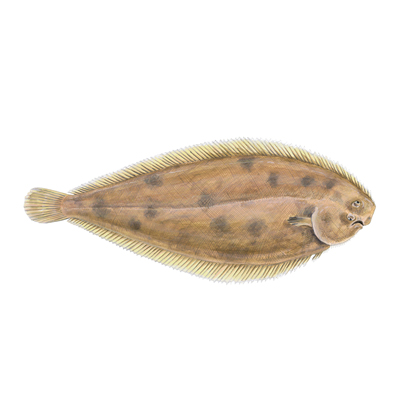
Sole or Dover sole, are an oval shaped flatfish which are highly prized for their fabulous taste and texture. Thanks to a sucessful sole recovery plan sole populations are healthy in our area and sole is a good choice.
Sole stocks in Cornish waters have been well managed in recent years, thanks to the EU Sole recovery plan. The Trevose bank closure (off Cornwall's north coast) has also helped protect spawning sole and benefitted the recovery of the stock. Sole are caught in mixed trawl fisheries so there are risks of damage to the seabed and accidental by catch of sharks, rays and many fish species.
587 tonnes of sole were landed to Cornish ports in 2021 with a value of £5.85 million (MMO data).
Updated July 2023
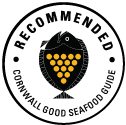
Off Cornwall's South Coast (area VII e)
Demersal trawls are large nets that are pulled through the water with the bottom edge of the net touching the seabed. At each edge the net is pulled open by metal ‘trawl doors’. Sometimes referred to as Otter trawling.
Learn more
Off Cornwall's North Coast (area VII f and g)
Demersal trawls are large nets that are pulled through the water with the bottom edge of the net touching the seabed. At each edge the net is pulled open by metal ‘trawl doors’. Sometimes referred to as Otter trawling.
Learn more
Off Cornwall's North Coast area VII f and g
Beam trawls are nets with a steel beam that holds the net open. The belly of the net is made of chains and the upper surface of the net is mesh. Beam trawlers pull two nets along the seabed simultaneously.
Learn more
Off Cornwall's south Coast (VII e)
Gill nets are lightweight nets made of nylon (monofilament) fishing line that are anchored to the seabed and are used to catch fish by entangling the gills.
Learn more
Off Cornwall's South Coast (Area VII e)
Beam trawls are nets with a steel beam that holds the net open. The belly of the net is made of chains and the upper surface of the net is mesh. Beam trawlers pull two nets along the seabed simultaneously.
Learn moreCornwall Good Seafood Guide rates fish on sustainability using a scale of 1 to 5.
1, 2 and 3 are recommended, Fish to avoid are rated 5.
We use the system devised by the Marine Conservation Society (MCS) so our scores are comparable with the scores produced by MCS for the UK and fisheries from all around the world. For more information on scoring click here.
Sole are managed through the EU common fisheries policy which sets quotas. Additionally sole have been managed through an EU Multiannual management plan since in 2007 (Council Regulation (EC) No. 509/2007). This limits effort on sole stocks through quotas, gear modification including larger mesh sizes and the mandatory use of square mesh panels in the Celtic sea to allow undersized fish to escape from trawls. There is a minimum landing size for sole of 24cm.
The Trevose box closure protects spawning stocks of sole from fishing during the winter months when they spawn. This fisheries led managment measure has been highly sucessful for the productivity of sole and several other species.
In Cornish waters sole are caught in demersal trawls, beam trawls and occasionally in gill nets (sole nets). Although discard rates of sole are low in beam trawl fisheries (about 2–5% in weight), discard rates of other (commercial and non-commercial) species can be considerable. Beam trawling, especially when using chain-mat gear, is known to have a significant impact on the benthic communities, although less so on soft substrates and in areas which have been historically exploited by this fishing method. Demersal trawling also has an impact on the seabed and gill nets have issues with by catch of rare sharks and rays and cetaceans.
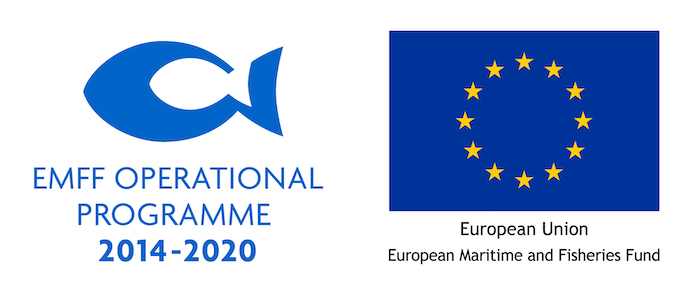

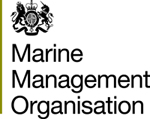
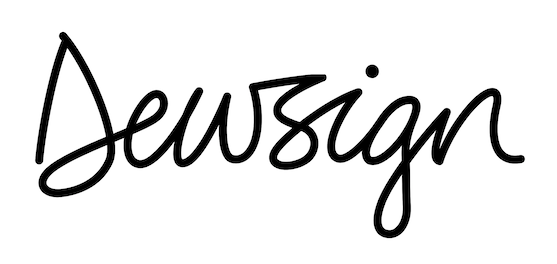


Cornwall Good Seafood Guide is underpinned by the Marine Conservation Society (MCS) Good Fish Guide. The first UK consumer guide to sustainable seafood. For more information visit www.fishonline.org
Cornwall Good Seafood Guide is here to help us all make sustainable seafood choices. Choices that will help us keep the oceans healthy and Cornish fishers' futures safe. This website is funded by Cornwall Wildlife Trust. If you would like to make a meaningful difference to the health of our oceans, please consider making a donation to the Cornwall Wildlife Trust Ocean Emergency fund. Your donation will help safeguard these remarkable environments, ensuring that they continue to thrive for generations to come. Together, we can be stewards of the seas and champions for a healthier, more sustainable future.